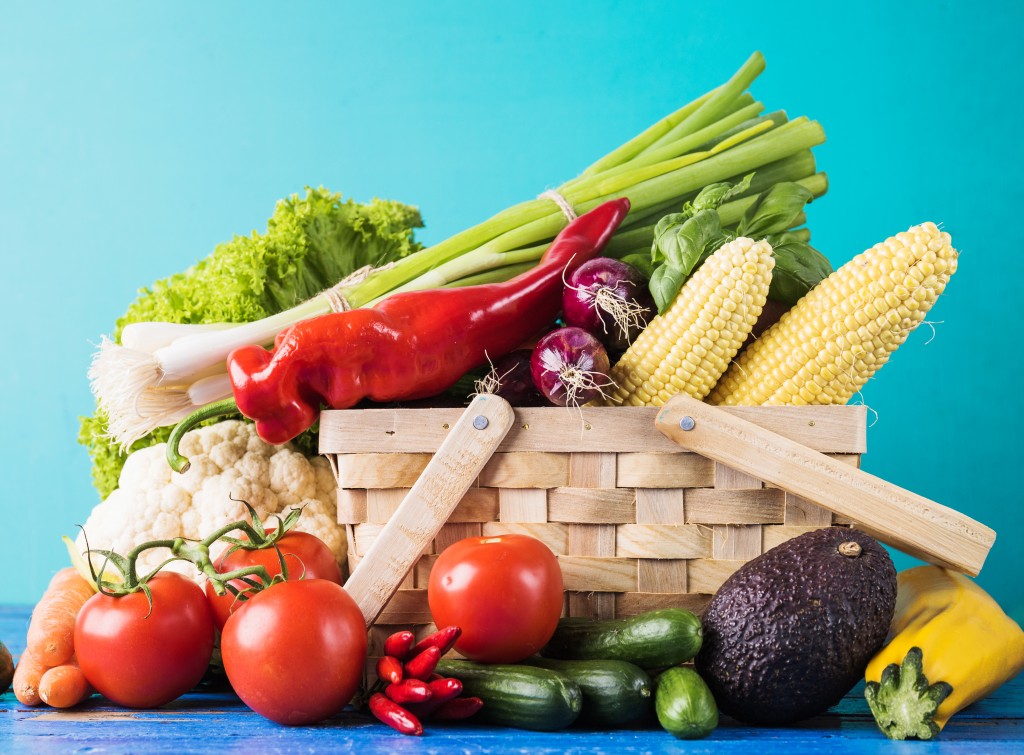 With fitness and healthy lifestyle taking the world by a storm, Organic Food has become a common phrase associated with this storm. Everyone is talking about buying and consuming organic food over processed food but what exactly constitutes organic food?
With fitness and healthy lifestyle taking the world by a storm, Organic Food has become a common phrase associated with this storm. Everyone is talking about buying and consuming organic food over processed food but what exactly constitutes organic food?
Basically, organic food is the usual edible food but is produced, processed and packaged in a different way without using chemicals, pesticides, insecticides, non-organic fertilizers, antibiotics or any artificial hormones which are used otherwise. Organic food meets strict standards and is thus, safe to eat.
Advantages of Organic Food
- Retains at least 50% more natural nutrients like vitamins and minerals than artificially grown food
- Not hazardous for health as they contain no chemicals
- Tastes more natural and delicious as there are no added sweeteners, coloring, flavors and preservatives
- Organic food protects one from cancer and other diseases
- Organic agriculture keeps our oceans, lakes, rivers and water supplies clean
Disadvantages of Organic Food
- It is an expensive proposition
- Not easily available everywhere
- Lack in variety
- Short shelf life because of no added preservatives
What Types of Foods Are Available as Organic?
Most consumers think of fruits and vegetables when they think of organic food but there are many other organic foods which include pastas, sauces, frozen juices, cereals, soups, chocolate, cookies, meat, poultry, dairy and even wine.
Not only the vegetarian food items but even poultry and meat have gone organic. Isn’t that interesting for non-vegetarians? But how does it work? It is because poultry and animals are fed only organic feeds and that puts them in the category of organic non-vegetarian food. Also, the animal and birds are not given any growth hormones for their mass production.
Tips to Buy Organic Food
- Look for the label or logo that has approved the production of the food as “organic”
- Remain informed about the organization that is an authorized seller of organic food
- Pay attention on the expiry date. As no preservatives are added to the food, their natural shelf life is less
People may mistake Natural Food as Organic Food as it has not reached many areas in the world due to support from the government, proper authentication, etc. So there is a difference between Natural Food and Organic Food
What is the Difference Between “Organic” and “Natural”?
“Natural” is often misrepresented in product labeling as “healthy” but “natural” only means that the product has undergone minimal processing, no certification or inspection system. Also, “natural” does not necessarily relate to growing methods or the use of preservatives.
As we all know, eating unhealthy creates health issues whereas eating healthy and organic not only helps you get healthier and live better but most importantly, it develops the good habit of eating right.
Was this article helpful? Let us know in the comments below. For more on eating healthy and nutrition, click here or speak to an expert by subscribing for GOQii’s Personalised Health Coaching.
#BeTheForce




Good post
Good Post.
Informative post!
We can also use food assessment techniques to retain the quality of food. Food quality assessment is so much technical technique practiced by the most of the agro-businesses.
Thanks
Nice article.
Natural foods are really good at providing nutrients to the body. Thank you for sharing this topic so everyone can learn more easily.